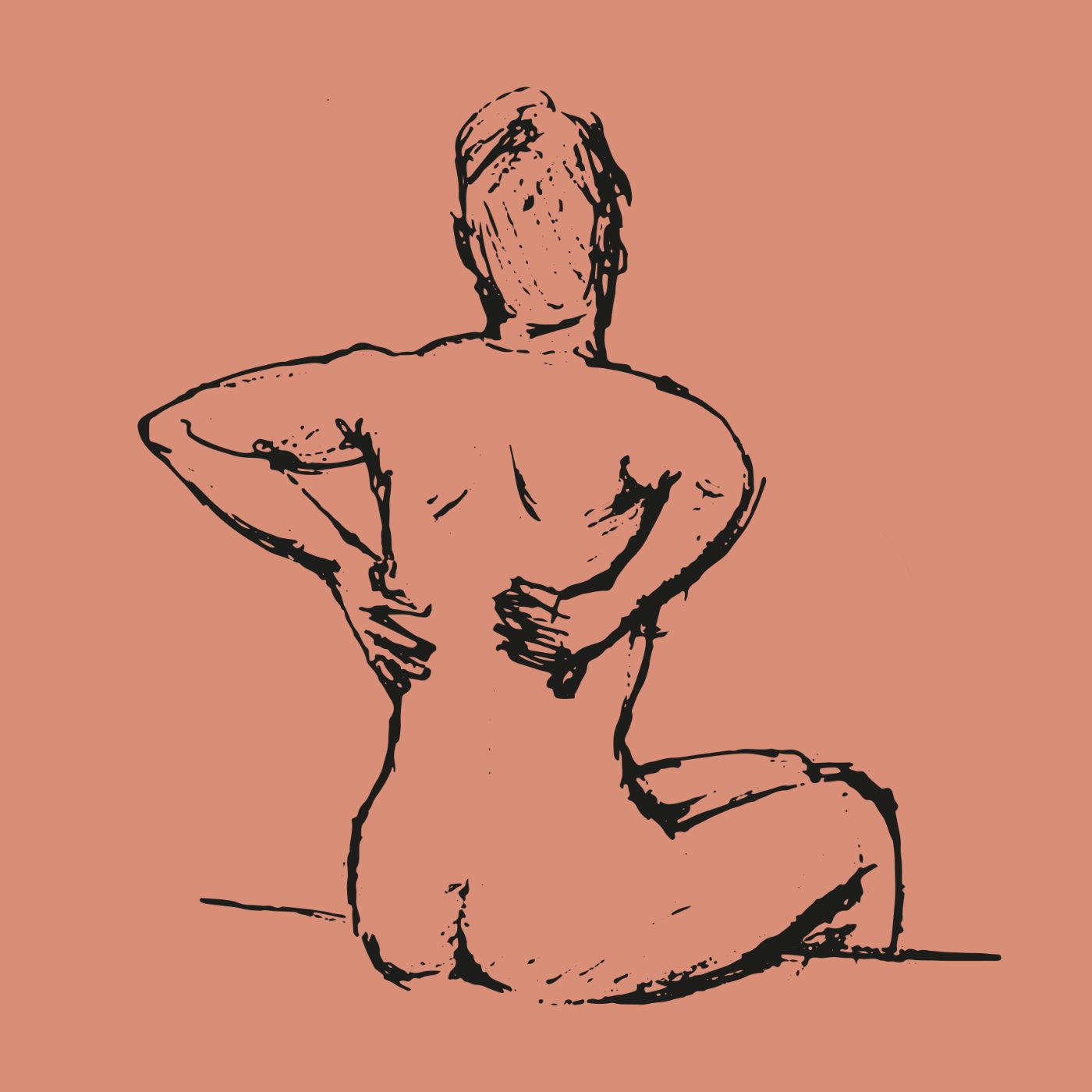Table of Contents
Table of Content
Some of us love a glass of wine to unwind after a hard day’s work; others like to settle down with some CBD. But can you take both?
We all know the positives and negatives of alcohol consumption, but little is known about CBD, and even less is understood about the combination of the two. To help you understand what the safest option is, we’ve done the research to provide you with what you need to know about mixing CBD and alcohol.
What is CBD?
CBD is a naturally occurring chemical that is part of a group of compounds called cannabinoids. As the name might suggest, cannabinoids are found in cannabis plants, but CBD on its own can’t get you high.

CBD has gained in popularity over the last few years as research has provided us insight into its potential therapeutic effects. This research tells us that CBD may be able to improve anxiety, improve sleep scores and reduce inflammation, to name a few possible benefits (1, 2, 3).
Since CBD may provide similar effects to alcohol, it’s important to understand exactly how the two products interact before mixing the two.
Can you mix CBD and alcohol?
Mixing high doses of CBD and alcohol is probably not a good idea, but at lower levels, CBD could be able to reduce some of the negative side effects of alcohol. Current research largely focuses on the consumption of large amounts of alcohol and CBD, so more research is needed to understand how low and moderate levels of CBD and alcohol interact with each other.
It is important to keep in mind that research into the combination of CBD and alcohol is still in the early stages, so if you have any concerns about mixing the two, it’s best to avoid the combination and consult your doctor for advice.
How do CBD and alcohol interact?
- One small study investigated the effects of alcohol and CBD. Participants in the study were given a placebo, CBD only, alcohol only and a combination of alcohol and CBD, with each treatment spaced out by a week. The study found that the combination of CBD and alcohol resulted in lower blood alcohol levels than when participants consumed the same amount of alcohol alone. The results also found that CBD combined with alcohol significantly impaired motor skills and self-perception of time and intoxication, while CBD taken alone didn’t result in these impairments (4). These results are interesting, but it is important to keep in mind that the small sample size, age of the study and high doses of CBD used in this study mean that conclusions about CBD and alcohol can’t be drawn from this study alone.
- There is some evidence in rodent models that CBD may be able to protect from some of the damaging effects of alcohol. One study, published in the journal Pharmacology Biochemistry and Behaviour, looked to see whether CBD could treat alcohol-induced damage to the brain. CBD was applied topically to the skin as a gel, and the study found that the CBD gel reduced the damage caused by alcohol by 48.8%. CBD injections reduced alcohol-induced brain damage by up to 56.1% (5).
- Another rodent model study also found protective benefits from CBD against alcohol damage. A 2014 study found that CBD may be able to protect the liver from alcohol damage. Steatosis, or fatty liver disease, can be induced by excessive alcohol consumption. This study found that CBD was able to prevent the development of alcohol-induced steatosis in the liver of mice. This protection likely occurred through CBD preventing the oxidative stress that is key to the disease’s development (6).
- Confusingly, a separate study found that cannabis extracts of CBD may cause liver damage in mice. The study investigated the toxicity of CBD on the liver of mice. It found that the highest daily dose of CBD (615 mg/kg) resulted in 75% of mice showing serious liver toxicity. While CBD did induce liver toxicity in mice in this study, it’s important to keep in mind that the mice were force-fed excessively high amounts of CBD. Further studies with more reasonable CBD doses are needed to properly explore the effects of CBD on liver toxicity (7).
Side effects of CBD
As the research into CBD and alcohol tells us, CBD could result in some side effects on liver health and alcohol consumption, although this research is still in the early stages, so we can’t be certain about these effects.
More extensive research tells us that CBD has a high safety profile, meaning that it has minimal side effects and that these side effects tend to be mild. Studies involving CBD indicate that the more common side effects are diarrhoea, sleepiness, lethargy and a lack of appetite (8).
Unlike medications like opiates or stimulants, it seems unlikely that CBD could result in an overdose. This is because no CBD receptors have been found in the area of the brainstem that is responsible for respiration, so CBD seems not to be able to affect breathing and, therefore, doesn’t seem to be able to cause an overdose (9). In fact, doses as high as 1,500 mg of CBD have been used safely and effectively in studies (10).
The bottom line
When it comes to mixing CBD and alcohol, there is a lot more that we need to learn. Early research tells us that CBD could help to protect you from some of the damaging effects of alcohol and could even reduce some of its intoxicating effects.
However, other contradictory evidence into alcohol and CBD tells us that more research is needed. Until CBD and alcohol’s combined effects are fully explored, it’s best that you take caution when combining the two substances and do so in moderation. As always, be sure to consult your doctor before consuming if you have any concerns.
 |
Medically reviewed for KLORIS by Sarah Neidler, PhD |




